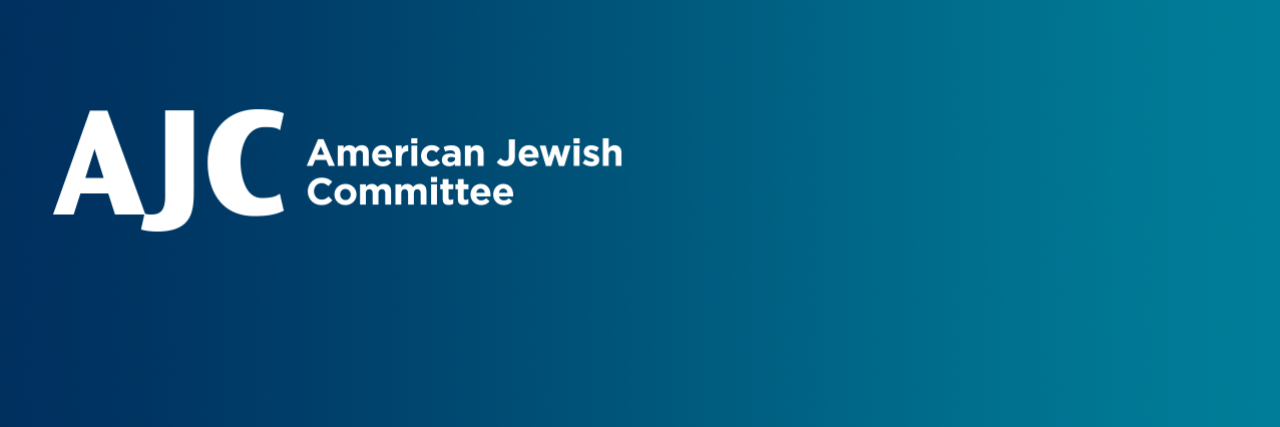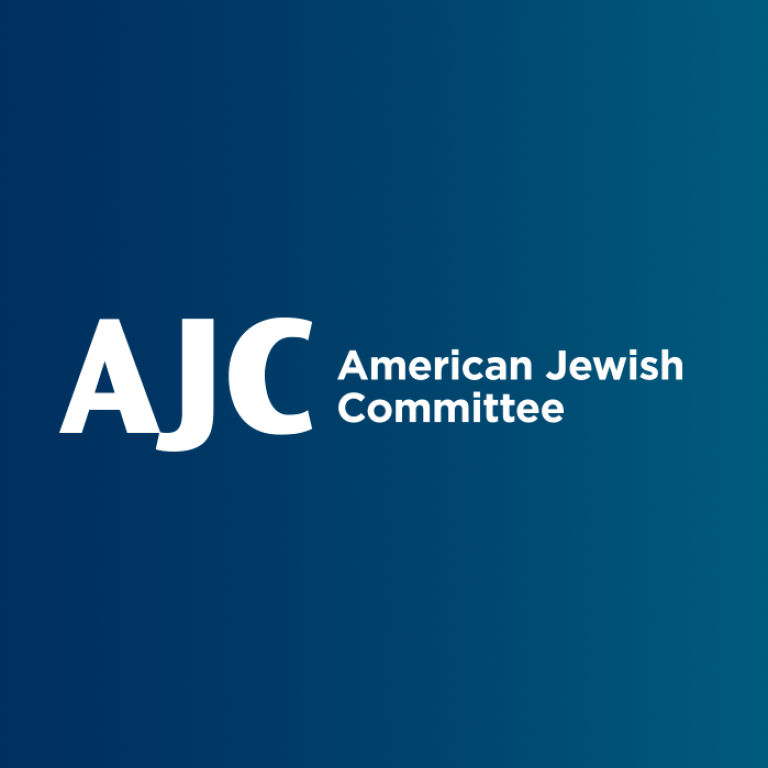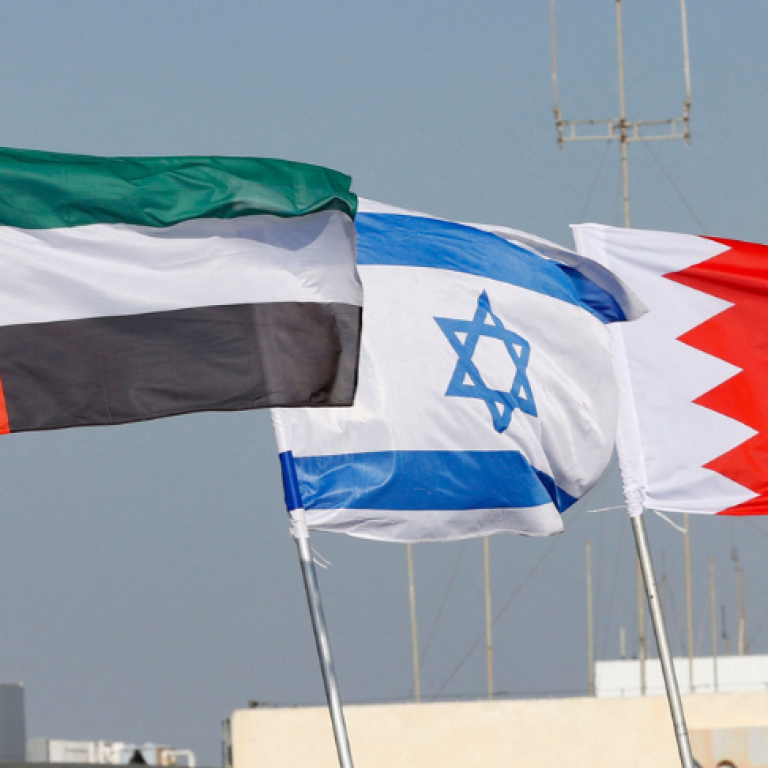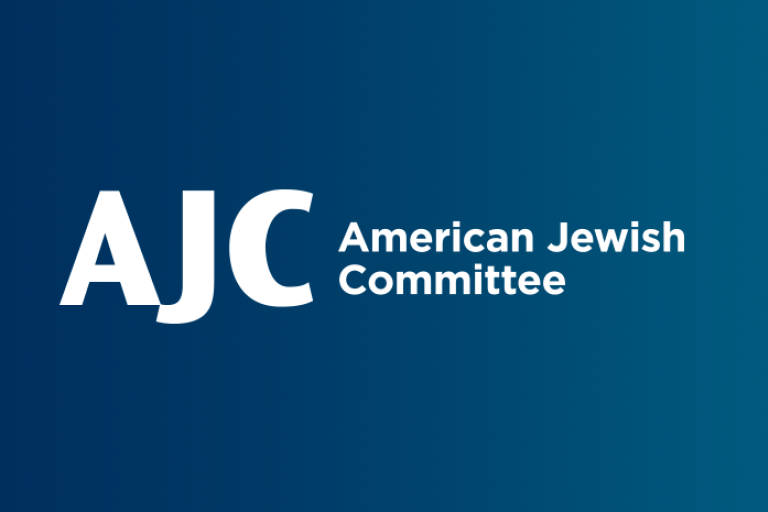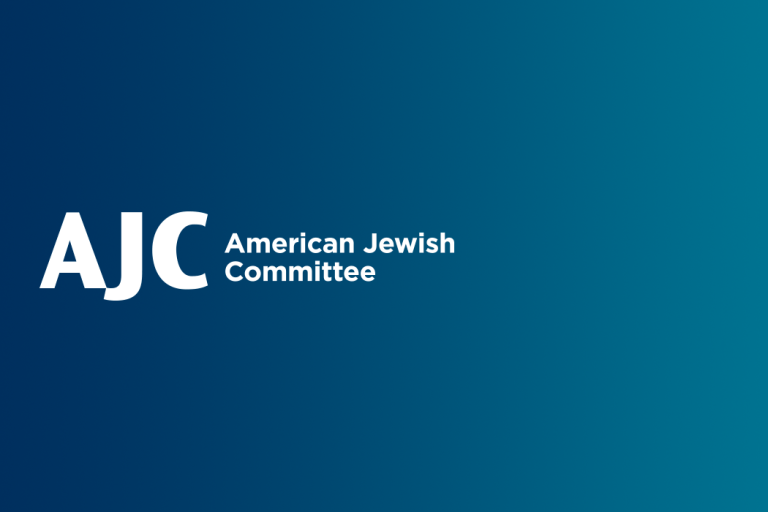February 11, 2021 — Washington, DC
An early endorsement by the Biden administration of its predecessors' Abraham Accords breakthroughs between Israel and four Arab states sent a welcome signal of foreign policy consistency—in one area, at least—as power changed hands in Washington.
To serve American interests in advancing security and stability in the Middle East and North Africa, a welcome next step would be endorsement of the side deals that accompanied the Accords—in particular, the $23 billion sale of F-35 warplanes and other advanced weaponry to the United Arab Emirates (UAE), as well as the U.S. recognition of Moroccan sovereignty over the Western Sahara.
In its first days in office, the Biden administration declared it was holding up the UAE sale, pending a review to assure it was aligned with current policy. Administration inclinations on Morocco are unclear; asked about Western Sahara and the F-35 deal in his first press briefing as Secretary of State, Antony Blinken spoke only of the arms sale review.
Whether linked to Israel normalization, however, or viewed on their own merits, both decisions—each representing a transformative break with conventional thinking—were long-awaited, eminently sound and deserve continued support.
The case for the sale of America's most advanced warplane to the UAE, a trusted Arab partner, is more than compelling. The F-35s will replace last-generation F-16s with another American system, assuring interoperability with the U.S. Air Force and easing our defense burden in the region. U.S.-UAE strategic cooperation is extensive, with our pilots training together and flying together over Afghanistan and Syria. The Emirati Air Force is considered the most capable in its class.
Such arguments, made six years ago (when F-35 discussions began) or even six months ago, wouldn't have won the day. But UAE-Israel normalization and an attendant increase in security cooperation, reinforced by other openings across the Arab world, changes everything.
This is no longer just an arms sale to another U.S. strategic partner. It's an investment in a growing Arab-Israeli alliance, integrated in the U.S. defense architecture, against the common threat of Iranian aggression and nuclear ambition. It's a recognition, and a potential accelerator, of the transformation already underway across the Middle East and North Africa.
That transformation extends to the Kingdom of Morocco, America's oldest ally, which has been stymied for more than 60 years in its efforts to establish dominion over the disputed and sparsely populated Western Sahara. It is in America's interest to honor Morocco's historical claim to the Western Sahara while also fully embracing, and promoting international acceptance of, Morocco's plan for Sahrawi autonomy under Moroccan sovereignty.
Thirty years after a United Nations-brokered truce between Moroccan forces and Sahrawi independence fighters of the Algeria-backed Polisario Front, with a promised independence referendum never conducted and increasingly infeasible, and with Algeria perpetually resistant to a negotiated settlement under UN auspices that would recognize Moroccan claims, the time has come to adjust to reality. Both our Moroccan allies and the Sahrawi people deserve better.
Beginning under President George W. Bush, Washington began edging in the direction of support for Moroccan sovereignty, while also remaining committed to the UN peacekeeping force and negotiating mechanism to resolve the territory's status. That commitment has now run its course.
As anyone who has spent time in Rabat in recent decades can attest, one issue for the Moroccan monarch supersedes all others: the kingdom's claim to the Western Sahara, universally viewed as an affirmation of territorial integrity. Respecting a stance of fundamental importance to an ally, likely bringing greater stability and prosperity to a region that is a continental gateway, shouldn't be a hard choice for America.
Making it even easier is the decision taken by King Mohammed VI in December to reopen relations with Israel. The logic of normalization has been apparent for decades. Visitors to Morocco for many years have heard of the longing to reconnect with the kingdom's diaspora in the Jewish state and have seen the potential for economic, political and security benefits that would accrue to both peoples from bilateral ties.
A Morocco strengthened by the resolution of the Western Sahara dispute and by cooperation across multiple sectors with Israel will be an ever-more capable partner of the United States in promoting regional stability, countering extremist forces and addressing human needs. The Biden administration now has before it the political tools to keep our Moroccan partners strong.
As Middle East and North African leaders increasingly question old orthodoxies and recognize the benefits of new alignments—with normalization agreements offering advantages not only for Israel and Arab states, but also creating opportunities to advance Israeli-Palestinian peace—Washington, too, must look at this evolving region with fresh eyes. To advance its objectives, the new administration should take advantage of all the tools at its disposal—including those left to it by its predecessor.
Jason Isaacson is chief policy and political affairs officer of the American Jewish Committee.
